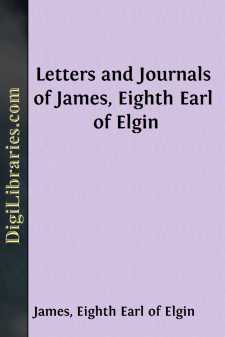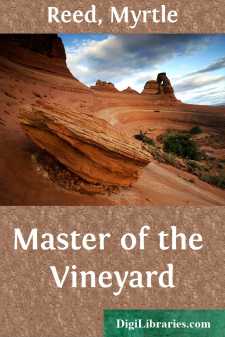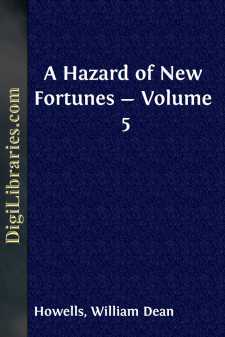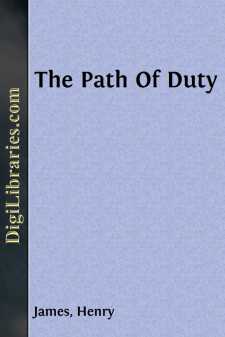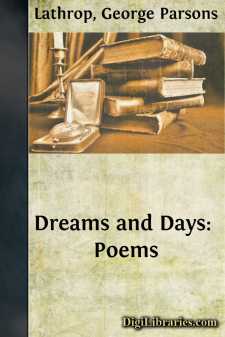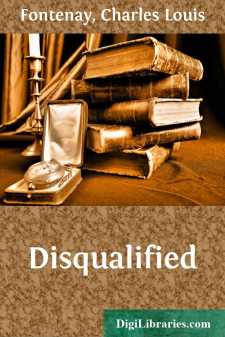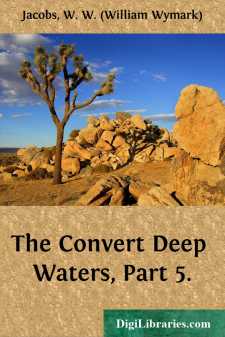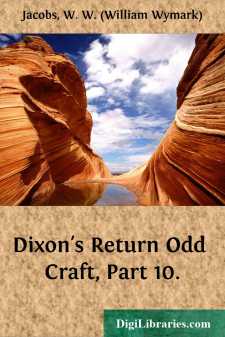Fiction
- Action & Adventure 180
- Biographical 15
- Christian 59
- Classics 6965
- Coming of Age 5
- Contemporary Women 3
- Erotica 8
- Espionage/Intrigue 12
- Fairy Tales, Folklore & Mythology 236
- Family Life 169
- Fantasy 117
- Gay 1
- General 596
- Ghost 32
- Historical 808
- Horror 43
- Humorous 160
- Jewish 25
- Legal 4
- Medical 22
- Mystery & Detective 315
- Political 49
- Psychological 41
- Religious 64
- Romance 159
- Sagas 11
- Science Fiction 730
- Sea Stories 113
- Short Stories (single author) 537
- Sports 10
- Suspense 1
- Technological 8
- Thrillers 2
- Urban Life 31
- Visionary & Metaphysical 1
- War & Military 173
- Westerns 199
Fiction Books
Sort by:
by:
Gustav Freytag
INTRODUCTION. The Man and the Nation! The course of life of a nation consists in the ceaseless working of the individual on the collective people, and the people on the individual. The greater the vigour, diversity, and originality with which individuals develop their human power, the more capable they are of conducing to the benefit of the whole body; and the more powerful the influence which the life...
more...
CHAPTER I. EARLY YEARS. BIRTH AND PARENTAGE—SCHOOL AND COLLEGE—TASTE FOR PHILOSOPHY—TRAINING FOR PUBLIC LIFE—M.P. FOR SOUTHAMPTON—SPEECH ON THE ADDRESS—APPOINTED GOVERNOR OF JAMAICA. [Sidenote: Birth and parentage.] James, eighth Earl of Elgin and twelfth Earl of Kincardine, was born in London on July 20, 1811. His father, whose career as Ambassador at Constantinople is so well known in...
more...
by:
Unknown
T came first into the Kingdome by certain ?gyptians, that were transported hither, who growing to numerous multitudes, dispersed themselues thorow most parts of the Kingdome: who being most expert in this art, and in Palmestrie, cousened the people in all parts wheresoeuer they came. Now diuers vagrant English joyning with them in time learnt both their language and cousening delusions, whereby at...
more...
by:
Myrtle Reed
The Hill of the MusesFrom the Top of the HillThe girl paused among the birches and drew a long breath of relief. It was good to be outdoors after the countless annoyances of the day; to feel the earth springing beneath her step, the keen, crisp air bringing the colour to her cheeks, and the silence of the woods ministering to her soul. From the top of the hill she surveyed her little world. Where the...
more...
Superficially, the affairs of 'Every Other Week' settled into their wonted form again, and for Fulkerson they seemed thoroughly reinstated. But March had a feeling of impermanency from what had happened, mixed with a fantastic sense of shame toward Lindau. He did not sympathize with Lindau's opinions; he thought his remedy for existing evils as wildly impracticable as Colonel...
more...
by:
Henry James
I am glad I said to you the other night at Doubleton, inquiring—too inquiring—compatriot, that I wouldn't undertake to tell you the story (about Ambrose Tester), but would write it out for you; inasmuch as, thinking it over since I came back to town, I see that it may really be made interesting. It is a story, with a regular development, and for telling it I have the advantage that I happened...
more...
STRIKE HANDS, YOUNG MEN! Strike hands, young men!We know not whenDeath or disaster comes,Mightier than battle-drumsTo summon us away.Death bids us say farewellTo all we love, nor stayFor tears;—and who can tellHow soon misfortune's handMay smite us where we stand,Dragging us down, aloof,Under the swift world's hoof? Strike hands for faith, and powerTo gladden the passing hour;To...
more...
After the morning inspection tour, Tardo, the Solar Council's Planetary Aid agent, and his companion, Peo, were taken to the castle which stood on a hill overlooking the area. Tardo and Peo were entertained royally at luncheon by Saranta, their host, who appeared to be the wealthy overlord of this portion of the planet. The meal was delicious—tender, inch-thick steaks served with delicate wine...
more...
THE CONVERT Mr. Purnip took the arm of the new recruit and hung over him almost tenderly as they walked along; Mr. Billing, with a look of conscious virtue on his jolly face, listened with much satisfaction to his friend's compliments. "It's such an example," said the latter. "Now we've got you the others will follow like sheep. You will be a bright lamp in the darkness."...
more...
DIXON'S RETURN Talking about eddication, said the night-watchman, thoughtfully, the finest eddication you can give a lad is to send 'im to sea. School is all right up to a certain p'int, but arter that comes the sea. I've been there myself and I know wot I'm talking about. All that I am I owe to 'aving been to sea. There's a saying that boys will be boys. That's...
more...



